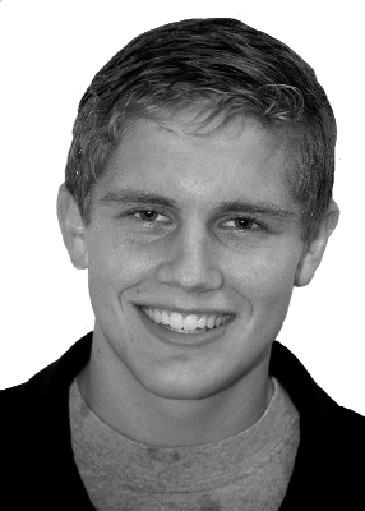
Lance Armstrong announced his retirement last week before beginning the Tour de Georgia, a stage race that was the last of his domestic career. Since his first Tour de France victory in 1999, he has become one of the most overexposed American athletes in history. Staying humble and driven, Armstrong has reached the level of superstardom where people know him by one name: Lance. Despite all the attention he received, he stayed the course, getting the job done on the Tour five more times.
Consequently, nearly everyone knows his compelling story. He was diagnosed with testicular cancer in 1996 and made one of the greatest moral and physical comebacks just three years later. The popular yellow bracelets from the Lance Armstrong Foundation he established in 1997 are the same color of the leader’s jersey he has earned the last six Julys. He is synonymous with victory, even though he has had numerous losses on the way to his string of Tour de France wins.
He’s remarkably human, which is exactly what makes him so outstanding.
In fact, this past week, he lost the Tour de Georgia, placing fifth. But cycling is also a team sport. In the tour, his role on the team was to help his teammate, Tom Danielson, win, and he succeeded. His Discovery Channel-sponsored squad also took home the team title. The iconic leader stepped aside to let a younger rider have the victory, despite his fame.
When he retires, Armstrong will have left his legacy. His story is, as his website reads, a “trite melodrama.” He even got the girl — rock-star girlfriend Sheryl Crow. In addition to beating cancer and the competition, Armstrong also dealt with divorce, media hype and expectations. As he leaves cycling, he has Jordan and Ruth-like association within his sport because of his story and all the mess he’s had to deal with — beyond the grueling physical task of winning the Tour de France itself.
In his retirement, Armstrong is facing another challenge that has greater implications for the rest of us: accusations of drug use. A former personal assistant to the cyclist accused him earlier this month of using steroids.
I sincerely hope this opportunistic creep is absolutely wrong. The accuser’s claims seem less legitimate because he was already involved in a separate legal battle with Armstrong.
If Armstrong was on drugs during his Tour victories, the news will break the hearts of millions of his followers. His story and victories in the Tour convey so much hope about the willingness to work hard and overcome, news of doping could cause scarring levels of cynicism for people everywhere, including the children waving American flags and chasing his bike during his races.
Armstrong has vehemently denied the almost constant allegations of drug use, maintaining that he has been frequently tested. He has the misfortune of retiring during a time of heightened scrutiny on athletes for drug use, particularly with stories of undetectable steroids from Victor Conte and the recent doping-related suspension of Tyler Hamilton, another American cyclist.
Odds are he’s fallen victim to guilt by association. For someone who has devoted his life to cycling, his family and fighting cancer, I believe Armstrong when he says he’s clean: By doping, he would compromise his livelihood. Too many people also forget he was still really good before he was diagnosed with cancer, competing in the Olympics and having a No. 1 world ranking. His victories didn’t come out of thin air. He already had the talent, and he pounded out the necessary training to achieve his goals.
Armstrong’s impact on American culture lives on. I’ll take his words from a famous poster: “Everybody wants to know what I’m on. What am I on? I’m on my bike six hours a day busting my ass! What are you on?”
Armstrong overcame his obstacles and personal demons, worked hard and achieved fame and success. He’s a living American dream; he could bring Willy Loman tears of joy. I hope when he retires this summer, the mudslingers will quit bashing him in his spotlight.
Patrick Reaves is a sophomore history and journalism major.He can be reached at jreaves@umd.edu.



